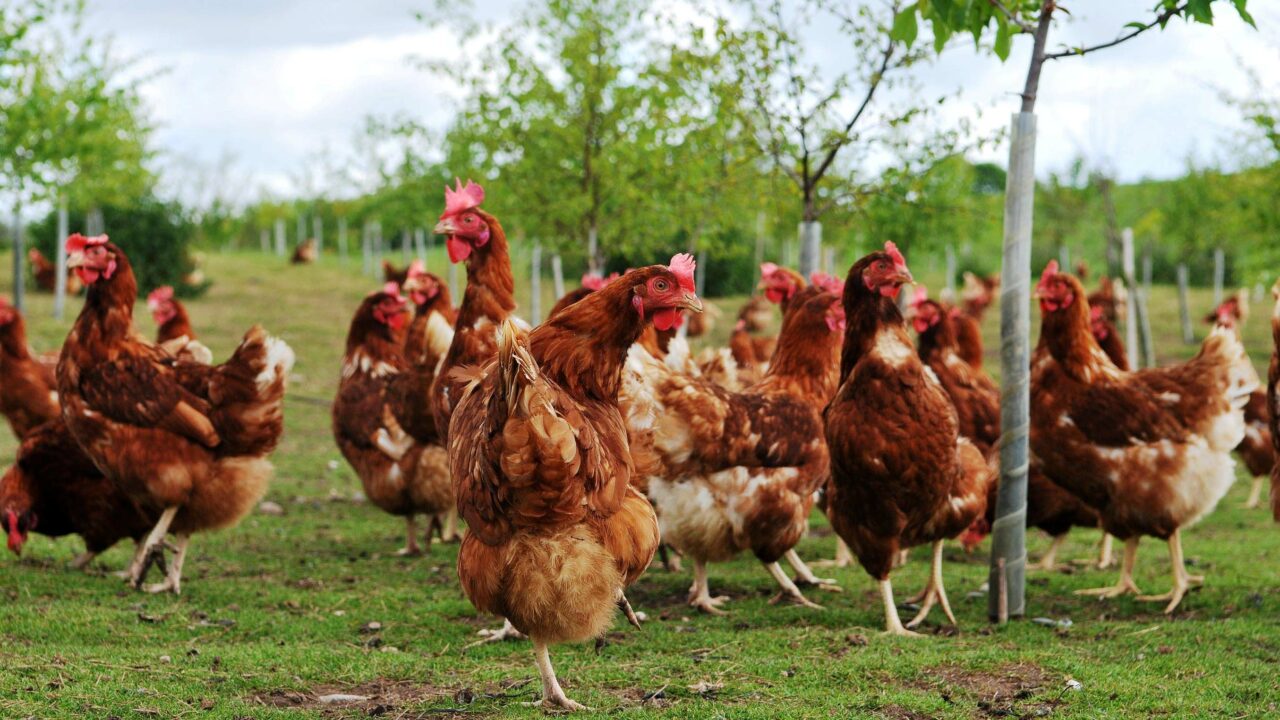A report released today (Tuesday, August 22) by Compassion in World Farming has said that “major reforms” are needed for industrial farming in order to tackle avian influenza (bird flu) outbreaks.
The report looked at case studies from six different areas, and identified the common causes, who is to blame, and formed a plan to reduce the spread.
The regions studied include: Quebec in Canada; Tachov District, Czechia; Veneto region in Italy; Norfolk, UK; Mazowieckie and Greater Poland Voivodships; and Iowa, US.
The report said that while most blame wild birds for the spread of the disease, they are victims of it, and that the spread ultimately comes down to factory farming.
“In reality, wild birds are caught up in a cyclical situation where the disease, fuelled by the factory farming system, is spiralling out of control,” it said.
“In such environments, highly harmful strains can rapidly emerge. And these strains can then be carried back outside factory farms, spread to wild birds and back to farms again,” it added.
Bird flu is also a zoonotic disease – meaning it can be passed from animals to humans.
Chair of global public health at the University of Edinburgh, Prof. Devi Sridhar said: “The more chances the virus has to jump into a human and mutate, the more likely it is a dangerous strain will emerge that could set off the next pandemic.”
The report urges governments to implement an action plan which includes:
- Mass vaccination of flocks to slow the spread;
- Restructuring of the poultry industry, to adopt smaller flocks with lower stocking densities and more robust breeds;
- Changing the way pigs are farmed as factory farmed pigs can act as “mixing vessels” to create new pig, bird and human viruses.
According to the report, governments and livestock sectors in the past have opposed the idea of vaccinations to stop the spread of bird flu, due to trade restrictions.
It stated that “stamping out” was the preferred option, but is not ending the current outbreaks.
It recommended following the UK’s soil association standards, which set a maximum flock size of 3,000 and 1,000 birds for laying hens and broilers respectively.
Author of the report and chief policy adviser at Compassion in World Farming, Peter Stevenson, said that bird flu is like a “ticking time bomb”.
“Unless we wake up and take urgent action to end factory farming we will simply be unable to stop its rapid spread across the globe or reduce the risk of a serious human pandemic developing,” he added.
Bird flu
Last summer, seabird colonies across Ireland, the UK, Europe and other parts of the world were severely impacted by the same H5N1 strain of bird flu. According to Bird Watch Ireland, it was the worst global outbreak of the disease in history.
Farmers and bird keepers have repeatedly been reminded during this time to maintain high levels on biosecurity on-farm in order to reduce the chance of bird flu entering their flocks.
The HSE has said that while cases of bird flu in humans are rare, people should reduce their risk by not touching sick or dead birds.
The HSE states that symptoms of bird flu in people include: A temperature of 38° or above; feeling hot or shivery; aching muscles; headache; and a cough or shortness of breath.
According to the HSE, it is always best practice in general, to regularly wash hands with soap and water or to clean your hands with alcohol-based hand gel when out in the wild.
